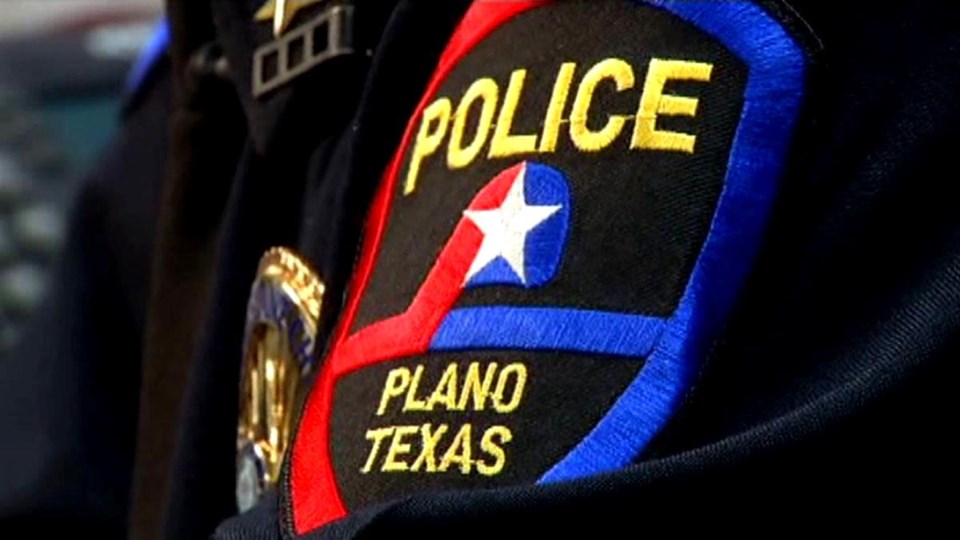On Thursday, Plano Police Chief Ed Drain announced a special order that restricted officers’ discretion when it comes to Class B marijuana possession arrests -- 2 ounces or less -- due to the disparity in how it affects Black Americans like Frisco’s Marvin Scott III. Allen PD arrested Scott for smoking a joint in a parking lot -- a Class B misdemeanor -- and took him to Collin County jail where he was allegedly killed a few hours later.
Seven detention officers were fired in connection with Scott’s death, Collin County Sheriff Jim Skinner announced Thursday. Texas Rangers are still investigating the case and no former officers have been charged. An eighth detention officer also resigned.
Local Profile contacted both the Plano police and Sheriff Skinner. Plano PD spokesperson David Tilley has yet to respond. In a Thursday evening email, Sheriff Skinner wrote that he didn’t have any additional comment outside of his announcement about terminating the detention officers.
Tilley wrote in the April 1 policy change announcement, “Like many jurisdictions across the nation, there is a disparity in African Americans’ arrests for possession of minor amounts of marijuana compared to Whites, even though national drug use surveys show Whites, African Americans, and Hispanics use marijuana at similar rates.”
As of this writing, 31 out of 50 states have decriminalized marijuana in some form. States that have decriminalized recreational marijuana use include Alaska, Arizona, California, Colorado, Illinois, Maine, Massachusetts, Michigan, Montana, Nevada, New Jersey, Oregon, South Dakota, Vermont, and Washington. The Texas House is currently considering bills to decriminalize marijuana in some form in the Lone Star State. House Bill 43, for example, is a medical marijuana reform bill and expands the registry for cannabis use and allows doctors to prescribe it.
In the April 1 press release, Tilley wrote that Chief Drain and his staff began reviewing the cost of marijuana arrests and trends related to it in November. They also discovered that after a change to Texas law in the year prior, which legalized hemp, the state must now test marijuana to determine the THC content before prosecutors can accept cases. The Texas Department of Public Safety, Tilley wrote, doesn’t test for THC content in misdemeanor marijuana cases due to the cost for commercial labs to test it.
Marijuana arrests were down in 2020 to help relieve overcrowding at the jail in light of the global COVID pandemic, according to Tilley. But he pointed out that if they were to return to the post pandemic levels, the cost for testing would range between $35,000 and $45,000 annually.
The one exception to the Plano police’s new policy change with low level marijuana offenses involves firearms. If suspects are also charged with a firearm-related offense as well as a Class B marijuana possession, then they will be taken to jail.
“With this policy change, offenders are still held accountable for small amounts of marijuana, except the accountability has changed from the county courts to the municipal courts,” Tilley wrote.




